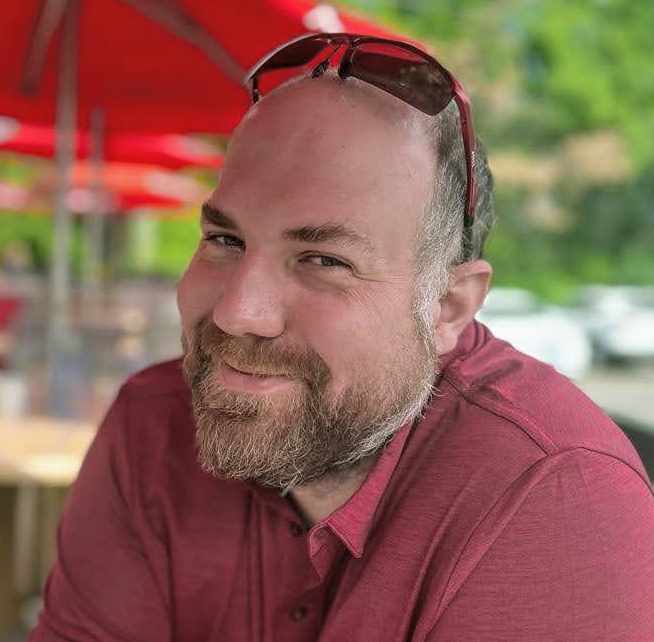At the end of April I posted on Facebook that I was worried we were losing compassion for folks during the pandemic. That people will need to allocate their risk budget and make tough decisions.
I feel like this has become more and more challenging. This isn’t to say there aren’t people who are doing really stupid stuff like going on a pub crawl after getting tested. But for most people, many of these decisions aren’t so easy. It seems some of the judgement is directed at people who are socioeconomically more vulnerable. Those who can’t take days off, who need to take public transit, who can’t get curb side pickup etc.
Some of it is also directed at people who we don’t understand, people who are afraid of the vaccines for example. While it’s easy to scoff and look down or to want to just say fuck it, I think we should try (as much as one can given everyone’s energy is quite depleted with everything going on) to be compassionate. To understand where it’s coming from. We might uncover something. We may not be able to convince them to change their minds, but maybe we can start by understanding.
“Compassion is the radicalism of our time.”
Dalai Lama
It’s easy (or easier at least) to point to others and to tell others to be more compassionate. Dealing with our own lack of compassion…. that’s always tougher. We always have reasons. They hurt us, they made bad decisions, they are unworthy of our compassion because of their privilege, wealth, status.
I’ve been trying recently to let go of some of that frustration and anger towards others who wronged me in the past.
One thing that’s helped is to detach the compassion from the “being right” part of it. They were perhaps hurtful, they were perhaps wrong, they are perhaps unaware of their incompetence, but none of those things mean they are not worthy of compassion.
To the contrary, it may mean they are even more worthy of compassion, for, like all of us, they are in pain. Be it pain from past events, circumstances, attachment, loss or even more common in pain from the existential need for “more” that it seems our genes has given our species. This insatiable appetite which makes every moment feel lacking if it’s not somehow “better” than the previous ones.
I don’t think I’ve succeeded yet…. And perhaps I never will…. But sometimes I catch myself, and I try to be more compassionate.


